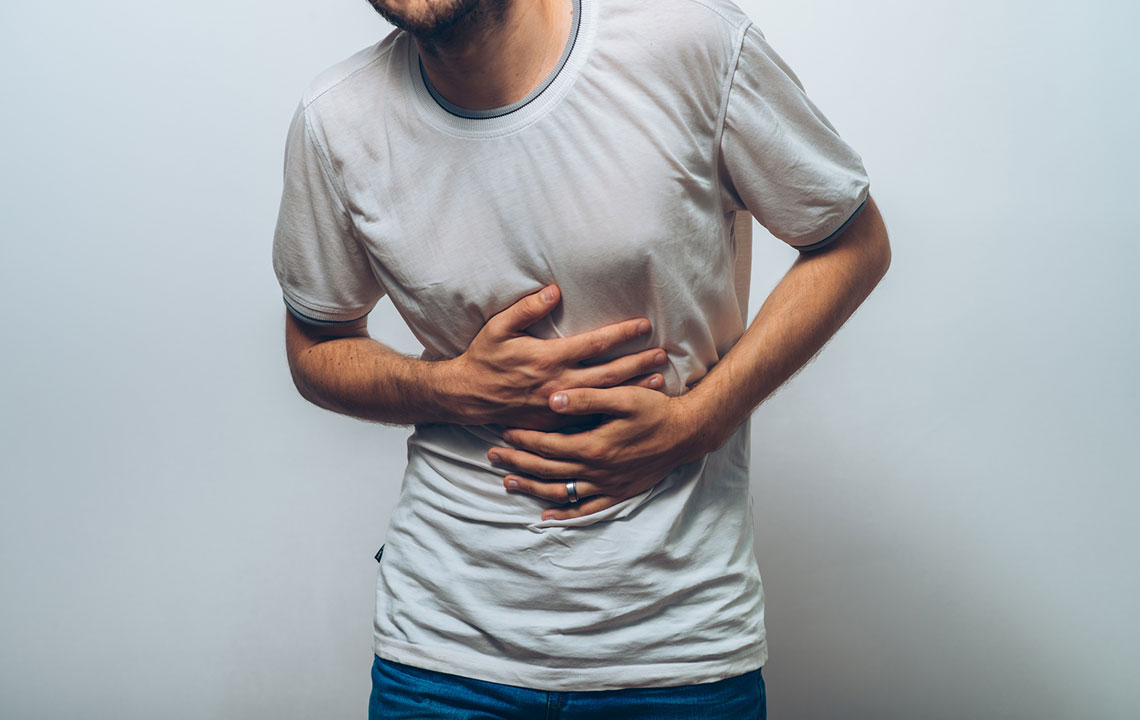Understanding Crohn's Disease: Causes, Symptoms, and Risks
Crohn's disease is a chronic inflammatory disorder affecting the gastrointestinal tract, with symptoms like diarrhea and abdominal pain. Risk factors include genetics, smoking, and diet. Early diagnosis and treatment are key to managing the condition and avoiding complications such as bowel blockage and ulcers. Understanding the causes and symptoms helps individuals seek timely medical care to improve quality of life.

Understanding Crohn's Disease: Causes, Symptoms, and Risks
Crohn's disease is a long-term inflammatory condition that impacts the gastrointestinal (GI) tract, potentially affecting any area from the mouth to the anus, with the small intestine being the most common site. It can also involve other parts of the body such as the eyes, skin, and joints.
Primary Symptoms
Individuals often experience diarrhea, stomach pain, and cramping. Additional symptoms may include fever, fatigue, blood in stools, mouth ulcers, reduced appetite, and weight loss.
Inflammation can also affect the skin, joints, eyes, liver, and bile ducts.
In children, the disease can hinder growth and delay sexual development.
Potential Causes
While the exact cause remains unclear, factors such as genetic predisposition and immune system issues are believed to contribute. Sometimes, bacteria trigger an abnormal immune response that damages the digestive tissues. Having a family history increases the risk.
Risk Factors
Age, ethnicity, lifestyle habits like smoking, and diet are significant factors. Certain medications, especially nonsteroidal anti-inflammatory drugs, can also increase susceptibility.
The condition can develop at any age but is most common before age 30.
People of Jewish descent are at higher risk.
Smoking and an unhealthy diet elevate the likelihood of developing Crohn's disease.
Use of specific medications can exacerbate inflammation.
Consuming processed, high-fat foods also raises the risk.
Possible Complications
While not typically life-threatening, Crohn's disease may cause serious health issues requiring medical attention:
Partial or complete bowel blockage due to thickening of the intestinal walls, sometimes necessitating surgery.
Chronic inflammation can lead to ulcers throughout the digestive system, including genital areas.
Minor tears in the anal lining could cause painful bowel movements or fistulas.
Health problems like anemia, skin issues, joint pain, gallbladder or liver disease, and osteoporosis may occur.
Early diagnosis and treatment are essential to manage symptoms and prevent complications.










